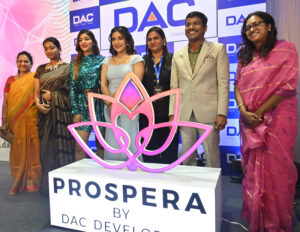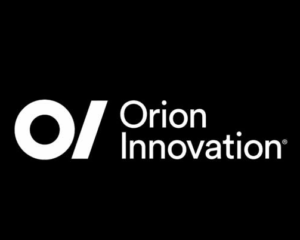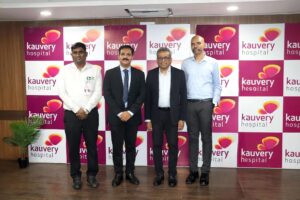Chennai, March 18, 2024: Emergency stroke treatment at SRM Global Hospitals, following a timely and accurate diagnosis of a blood clot in the brain, saved the life of an 18-year old girl, who was admitted in the hospital after she experienced a sudden onset of paralysis in her left arm and left leg. In what can be termed as a magical recovery, the patient, a pharmacy student, instantly responded to the treatment, known as thrombolysis, and regained complete mobility in the affected limbs – all within fifteen minutes of the treatment.
The student is now able to walk and perform all movements with her arm as she did before. However, she needs to undergo a battery of tests for the medical team to evaluate the underlying causes of the stroke, a rare occurrence in teenagers.
The medical team comprised Dr. Ilankumaran, Mch, Senior Consultant, Neurosurgery, Dr. Elanthirayan, DM – Neurology, and Dr. Robert Wilson, DM – Neurology, Dr. Arthi Rajendran, Senior Consultant, Emergency Medicine, Dr. Shananth Saravanan, Assistant Professor – Emergency Medicine, and Dr. Rajesh, Emergency Resident.
In his comments, Dr. Ilankumaran said, “The pharmacy student was at her institute attending a class when she suddenly experienced dizziness and headache. Within seconds, there was a deviation of angle of mouth to the right. She could not move her left upper and lower limbs. She was rushed to the emergency department of our hospital immediately. We diagnosed it as a stroke caused by a clot in the middle cerebral artery (MCA) and initiated thrombolysis, the treatment of getting rid of blood clots using drugs. Fortunately, it effectively dissolved the clot and the patient regained her mobility completely.”
He highlighted that the recovery was remarkable mainly because thrombolysis was initiated within 37 minutes of the acute event – well before the door-to-needle window period of one hour. “The challenge was in figuring out whether the stroke was due to a blood clot or a blood leakage – depending on which we had to decide about the course of treatment. First we took a CT scan, which showed the affected spot in the brain but we also followed it up with an MRI scan which revealed that it was a clot. Our radiology team swung into action and swiftly completed these scans. Thrombolysis was administered with the involvement of experts in neurology and neurosurgery.”
Without the timely intervention by a multidisciplinary medical team, her stroke – Right Hyperdense MCA Sign, could have caused serious complications, such as permanent disability or even death. Repeat CT scan after the treatment confirmed that the clot had disappeared for good. However, since it is uncommon for a teenager to suffer from stroke, the hospital is conducting a battery of tests to identify the causes, which could go a long way in helping the patient avoid such complications in the future.






More Stories
Kauvery Hospital releases data on the Diabetes Prevalence in Chennai through a cross sectional study
One-Year-Old Baby Survived a Successful Open-Heart Surgery for Congenital Heart Defect at Iswarya Hospital, Chennai
Gleneagles Hospital Chennai Host Gleneagles Liver and Transplant Summit 2025 in Chennai